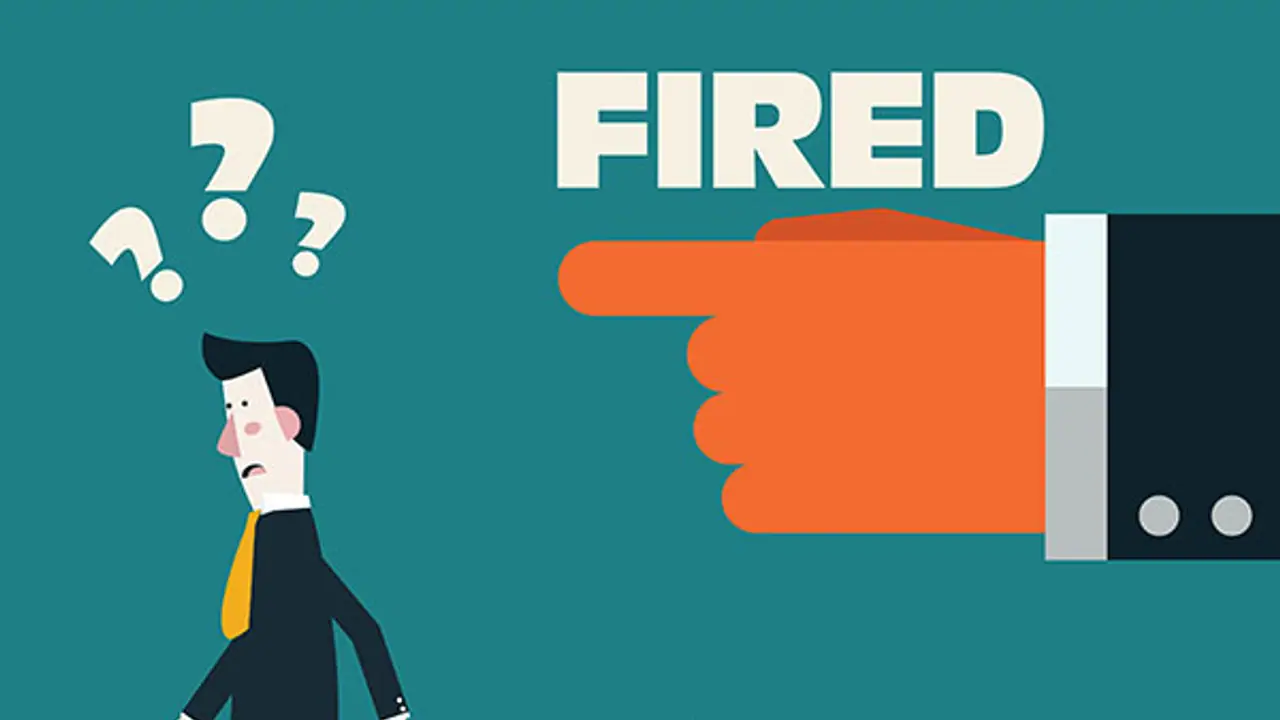If you have outstanding debts then you must inform your bank about the job situation. If you are facing a serious money situation, then prioritise which bills need to be paid first and which bills can wait. Money is a big assurance and survival tool, so save some today for a relaxed tomorrow.

Gone are the days when there was a thing called job security. In private sectors and corporate jobs, there is always a fear of losing your job without any planning for it or prior notice.
Most of us, do have a money plan for unseen contingencies, investments, health emergencies, and of course, expensive purchases. But, what about having a plan for a day when you will be asked to put down your paper or pink slip will be handed over to you?
The thought is scary, and we can deny the possibility of the same, but at the same time, it is better to have a money plan for that day when God forbid, your services will not be required anymore in your job.
Here are seven tips to help yourself when you lose your job:
1. Inform your bank:
First, if you have outstanding debts then you must inform your bank about the job situation since your account might get blocked after your full and final payment is marked as final payment or end-of-benefit by your previous employee.
Check with your bank about the salary change policy to avoid any surprises.
2. Monitor your expenses:
Now, since there is no guarantee when will the next paycheque arrive, it is important to make a budget of your expenses and stick to it till the next job. There are mobile apps and bank reminders that help users to keep a check on their finances allowing them to plan better, use these apps and bank facilities to plan your expenses.
3. Say no to debts:
Borrowing money without knowing when you will be able to return is a tricky situation and it can lead you to a web of debts. So, avoid the temptation to borrow money or to use that credit card that might land you into long term trouble for short-term relief.
4. Bills first, else later:
Bills are important and even in a cash crunch situation, one has to pay the bills sooner or later. Rather than paying later with fines or suffering from barred services, it is better to pay now.
If you are facing a serious money situation, then prioritise which bills need to be paid first and which bills can wait.
5. A temporary job as a solution:
If you need a monthly income to pay your rent, debts, or other expenses then look for a temporary job without getting into a contract that requires long term commitment or do some freelancing work if your job profile allows you to do that.
This is just a quick fix for temporary relief, and you should not lose sight of your dream job.
6. Save cash for days like this:
The best way to be prepared for a jobless situation is to save money. Irrespective of debts, investment plans or any other plan, always save cash for days like this, and it should be a regular practice and not once in a while drill.
Money is a big assurance and survival tool, so save some today for a relaxed tomorrow.
7. Job loss insurance cover:
There are quite a number of insurance companies that offer job loss covers to survive rainy days. Most of these insurance policies pay for your EMIs, covers for income loss for a specific period, and has few other benefits.
Avail such an insurance cover and secure your financial position when in layoff days.
